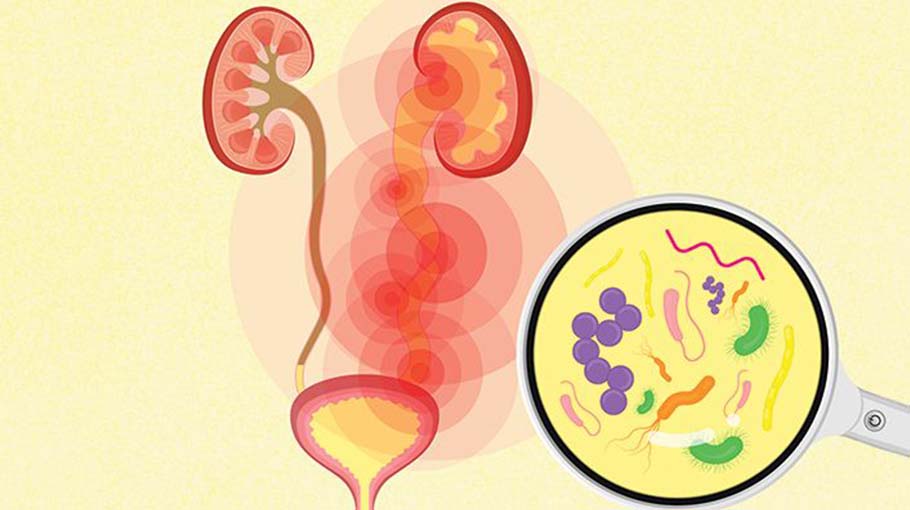Urinary Tract Infections UTI (part 1)

A urinary tract infection (UTI) is an infection of the urinary system. This type of infection can involve your urethra (a condition called urethritis), kidneys (a condition called pyelonephritis) or bladder, (a condition called cystitis).
Your urine typically doesn’t contain bacteria (germs). Urine is a byproduct of our filtration system—the kidneys. When waste products and excess water is removed from your blood by the kidneys, urine is created. Normally, urine moves through your urinary system without any contamination. However, bacteria can get into the urinary system from outside of the body, causing problems like infection and inflammation. This is a urinary tract infection (UTI).
The urinary tract makes and stores urine, one of the body's liquid waste products. The urinary tract includes the following parts:
• Kidneys: These small organs are located on back of your body, just above the hips. They are the filters of your body — removing waste and water from your blood. This waste becomes urine.
• Ureters: The ureters are thin tubes that carry urine from the kidneys to your bladder.
• Bladder: A sac-like container, the bladder stores your urine before it leaves the body.
• Urethra: This tube carries the urine from your bladder to the outside of the body.
Courtesy: Cleveland Clinic




